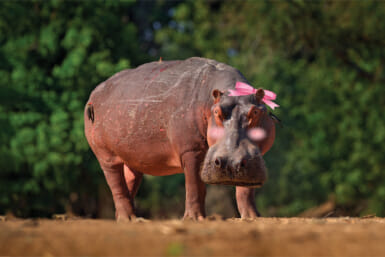In the first of two parts, we are looking back at some of the stories that made headlines this year in Japan. We begin our 2022 news review by reflecting on the months from January through to the end of June.
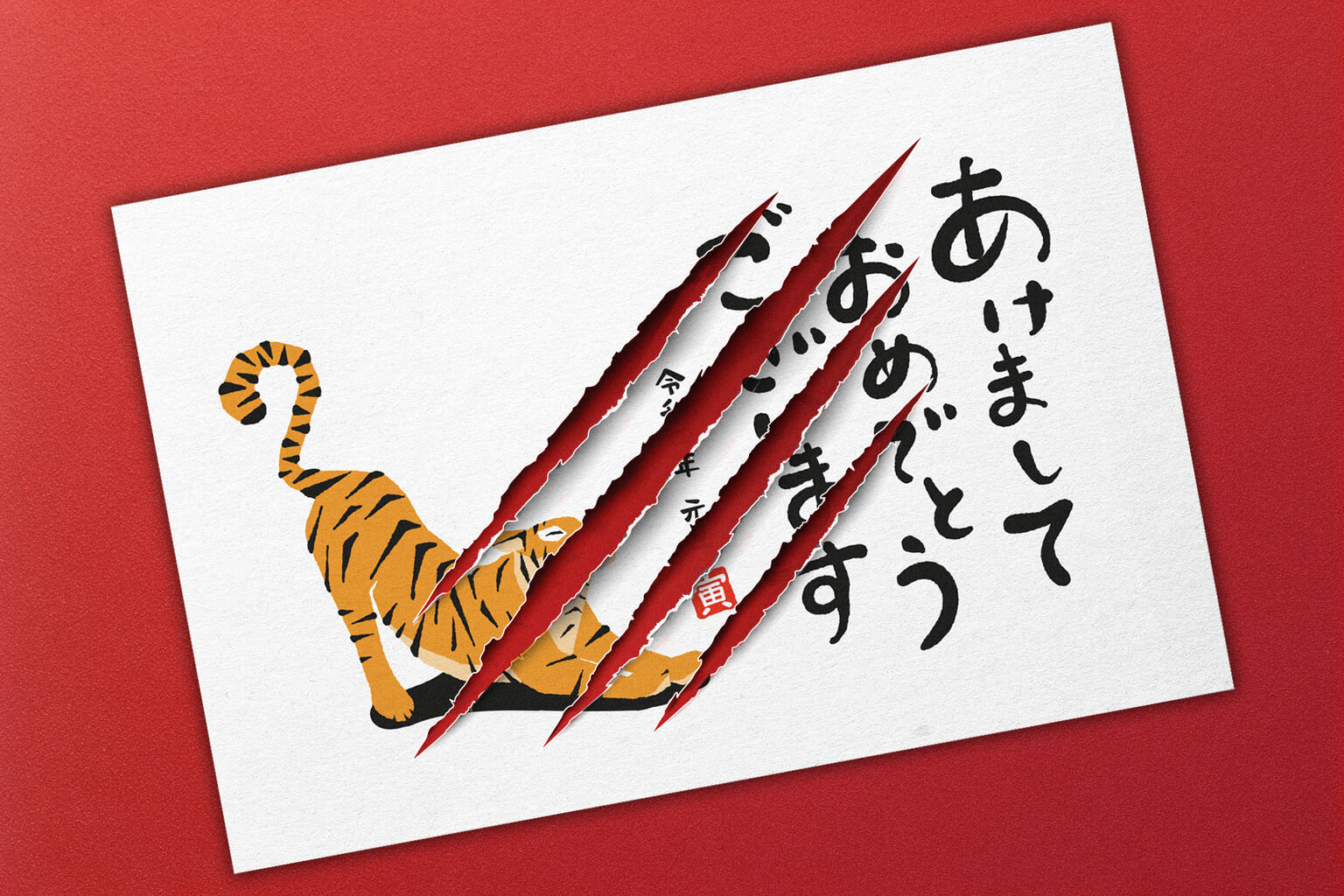
The year of the tiger began with a tiger attack | Image by Anna Petek
January
The year of the tiger began with a tiger attack at Nasu Safari Park in Tochigi Prefecture. Three zookeepers were injured, including one who lost her hand. An even more vicious attack took place in Saitama Prefecture. Hiroshi Watanabe took Dr Junichi Suzuki hostage before fatally shooting him. Two other medical workers were injured after being kidnapped. Watanabe was upset by the death of his mother, who was a patient at their clinic. Another terrifying crime took place just outside the University of Tokyo. A high school pupil, struggling with his studies, stabbed three people, seriously injuring one. In Okayama Prefecture, a Vietnamese intern revealed that he’d been violently abused by Japanese colleagues for two years. One video showed two men repeatedly hitting him with a stick.
With the Omicron variant of the coronavirus spreading, Prime Minister Fumio Kishida decided to extend the ban on foreign arrivals until at least the end of February, except for 87 government-sponsored students. It was a decision criticized by many including Rakuten CEO Hiroshi Mikitani, who described it as “illogical.” Protests against the strict border controls took place in several countries. In sport, sumo wrestler Mitakeumi was promoted to ozeki after winning the New Year Grand Sumo Tournament. Seven-time Olympic medalist Kohei Uchimura announced his retirement from gymnastics. At the Australian Open, Japan’s Taro Daniel defeated three-time Grand Slam title winner Andy Murray to advance to the third round. And Celtic completed the signings of Japanese trio Daizen Maeda, Reo Hatate and Yosuke Ideguchi.

Japanese journalist Asami Terajima was in Kyiv when Vladimir Putin’s army invaded Ukraine
February
News in the second month of the year was dominated by Russia’s invasion of Ukraine. Tokyo Weekender spoke to two Japanese citizens living in the Ukrainian capital city of Kyiv at the time Valdimir Putin’s army entered the country. “It was eerily quiet. Everyone was just scrolling through their phones trying to get news,” said journalist Asami Terajima. Fumiya Takagi, meanwhile, spoke about “the explosions” and “sound of gun fire” around his apartment. His Ukrainian wife and two children escaped while he remained in Kyiv. Japan quickly imposed sanctions on Russia, prohibiting the issuance of Russian bonds and freezing the assets of Russian individuals living here. “Russia’s actions clearly damage Ukraine’s sovereignty and go against international law,” said Kishida.
The main sporting stories in February came from Beijing where the Winter Olympics took place. Japan won a record 18 medals, five more than the country’s previous best from PyeongChang in 2018. Speedskater Miho Takagi picked up four of those, including a gold in the 1,000-meter race. One of the standout performances of the Games came from Ayumu Hirano in the snowboarding halfpipe competition. He landed the triple cork in each of his three attempts to secure top spot. Japan’s other gold medalist was Ryoyu Kobayashi in men’s normal hill ski jumping. He also picked up a silver medal in the large hill event. There was no glorious send-off for Yuzuru Hanyu who finished fourth in the men’s speedskating competition.
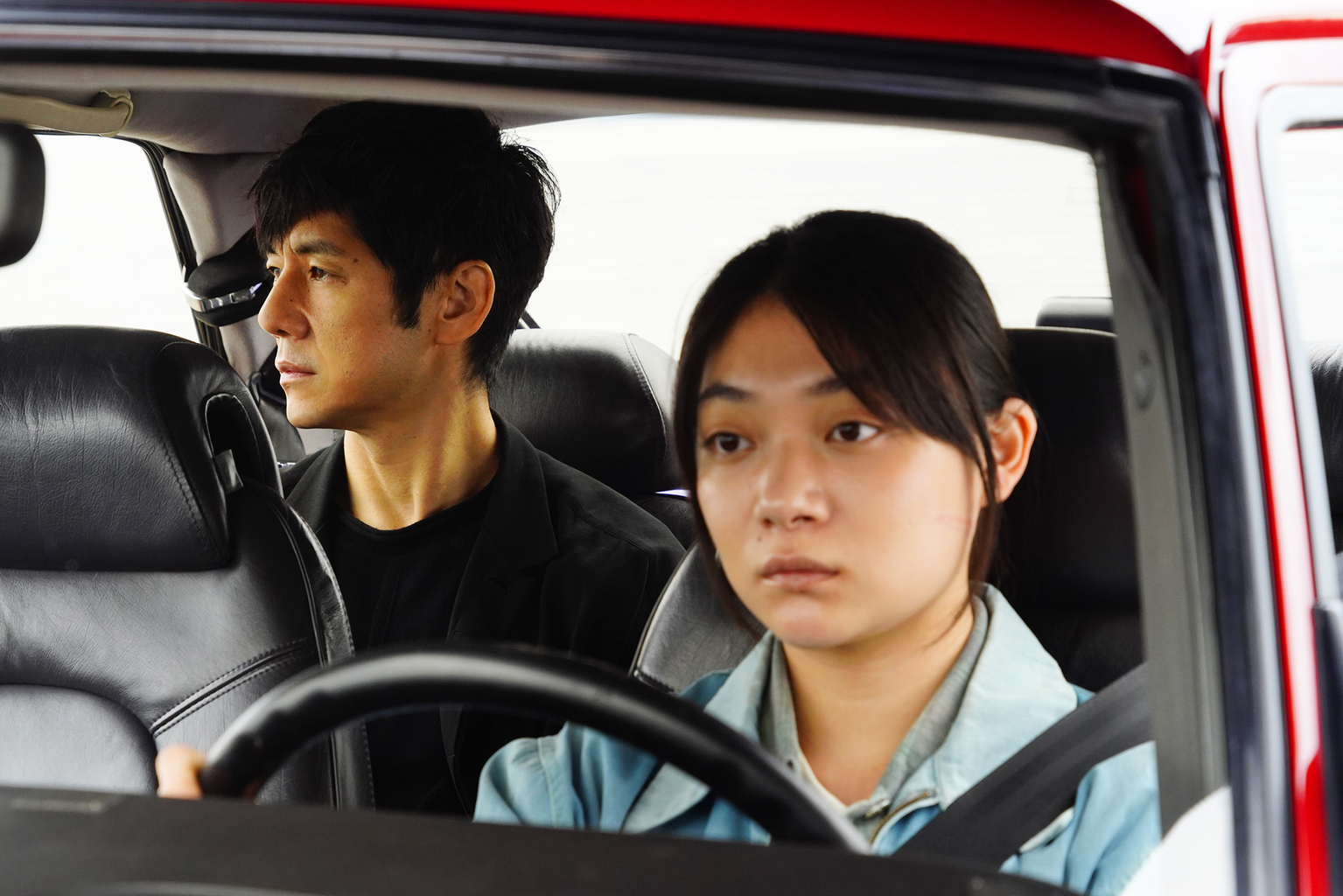
Drive My Car was nominated for four Oscars | Image courtesy of Janus Films
March
The 94th US Academy Awards ceremony was, of course, best remembered for Will Smith’s slap on Chris Rock. The interpreter on Japanese channel Wowow didn’t translate Smith’s words, probably because she was too shocked to speak. Aside from that incident, the highlight for viewers here came in the Best International Feature category, as Ryusuke Hamaguchi’s Drive My Car became the first Japanese movie to pick up an Oscar since Departures and the animated short La Maison en Petits Cubes in 2008. It also received nominations for Best Film and Best Screenplay, while Hamaguchi was nominated for Best Director. Prior to the Oscars, Drive My Car picked up eight prizes at the Japan Academy Awards and won Best Film not in the English Language at the BAFTAs.
The war in Ukraine continued to dominate headlines in March. Ukrainian President Volodymyr Zelenskyy received a standing ovation after his stirring speech to the Japanese Diet via video. He praised Japan for being “the first in Asia to put real pressure on Russia to restore peace.” Several major Japanese companies pulled out of Russia, including Uniqlo following an online backlash against the brand for initially deciding to stay. In sport, Japan won four gold medals at the Winter Paralympics including three from alpine skier Momoka Muraoka. Sumo wrestler Wakatakakage became the first newly promoted sekiwake to win an Emperor’s Cup since 1936. And a brace by substitute Kaoru Mitoma against Australia secured Japan a place at the 2022 FIFA World Cup in Qatar.
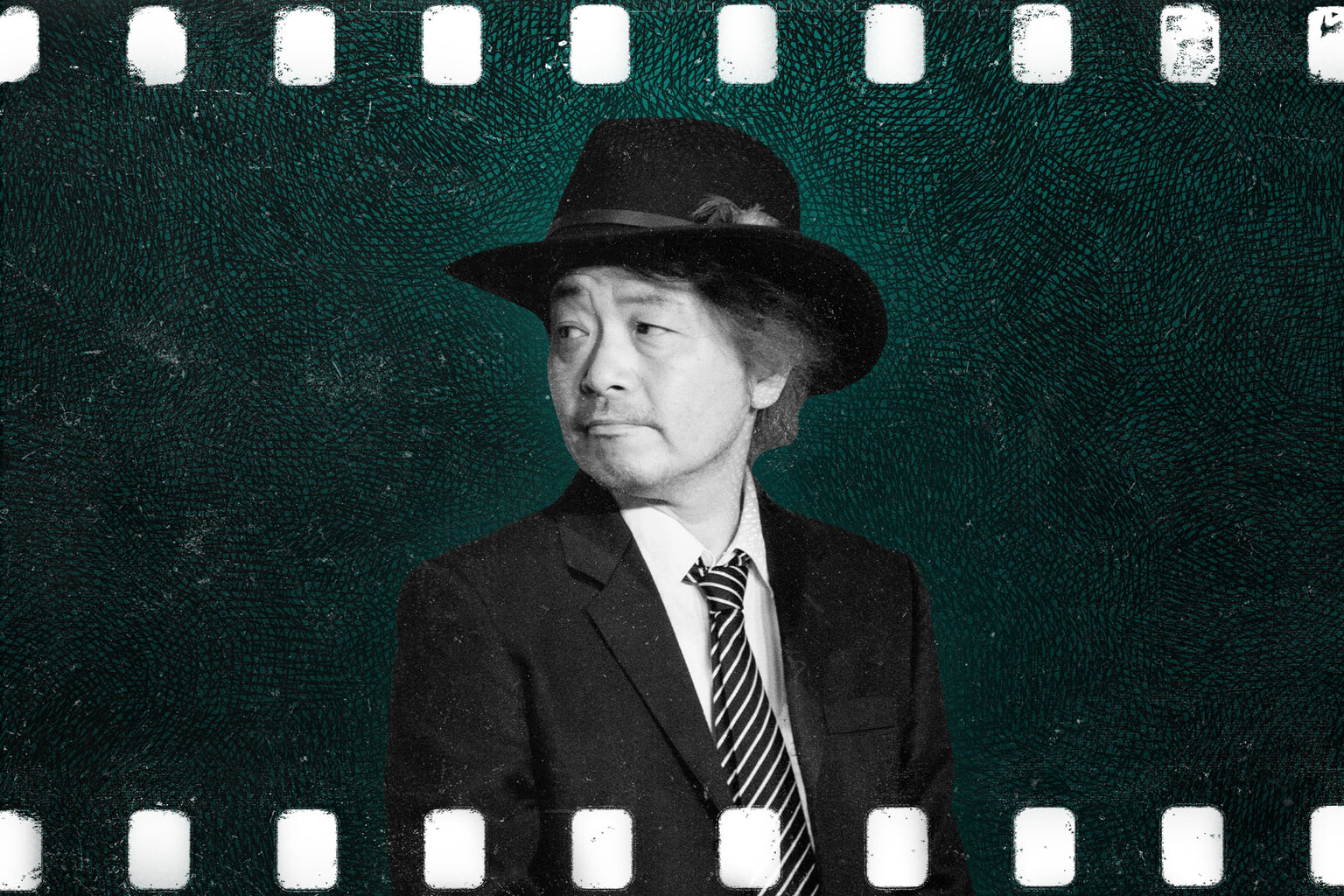
Sion Sono was accused of sexual harassment and assault
April
At the beginning of April accusations of sexual harassment and assault were made against famed movie director Sion Sono by two unnamed female actors in Shukan Josei magazine. One claimed the filmmaker, who is best known for the flick Love Exposure, attempted to force her into having sex. When she refused, he engaged in sexual acts with someone else in front of her. The other woman said Sono coerced her into sex on the premise of getting a film role. Two weeks before the Sono story broke, four female actors accused director Hideo Sakaki of coercing them into non-consensual sex. Around the same time, three women claimed actor Houka Kinoshita sexually assaulted and abused them in 2011. He was subsequently dropped by his management Cactus.
In France, Chilean man Nicolas Zepeda was sentenced to 28 years in prison for the murder of Japanese national Narumi Kurosaki. An ex-boyfriend of the former University of Tsukuba student, he followed her to France and was the last person seen with her before she went missing in 2016. With no body or traces of blood, prosecutors relied on circumstantial evidence including threatening video messages sent by Zepeda. In Hokkaido, tragedy struck as the 19-ton vessel Kazu I sank in the frigid waters off the Shiretoko Peninsula. Including crew and two children, 26 were people on board. Sadly, no survivor was found. In sport, 20-year-old Chiba Lotte Marines pitching sensation Roki Sasaki made history by striking out 13 Orix Buffaloes batters consecutively.
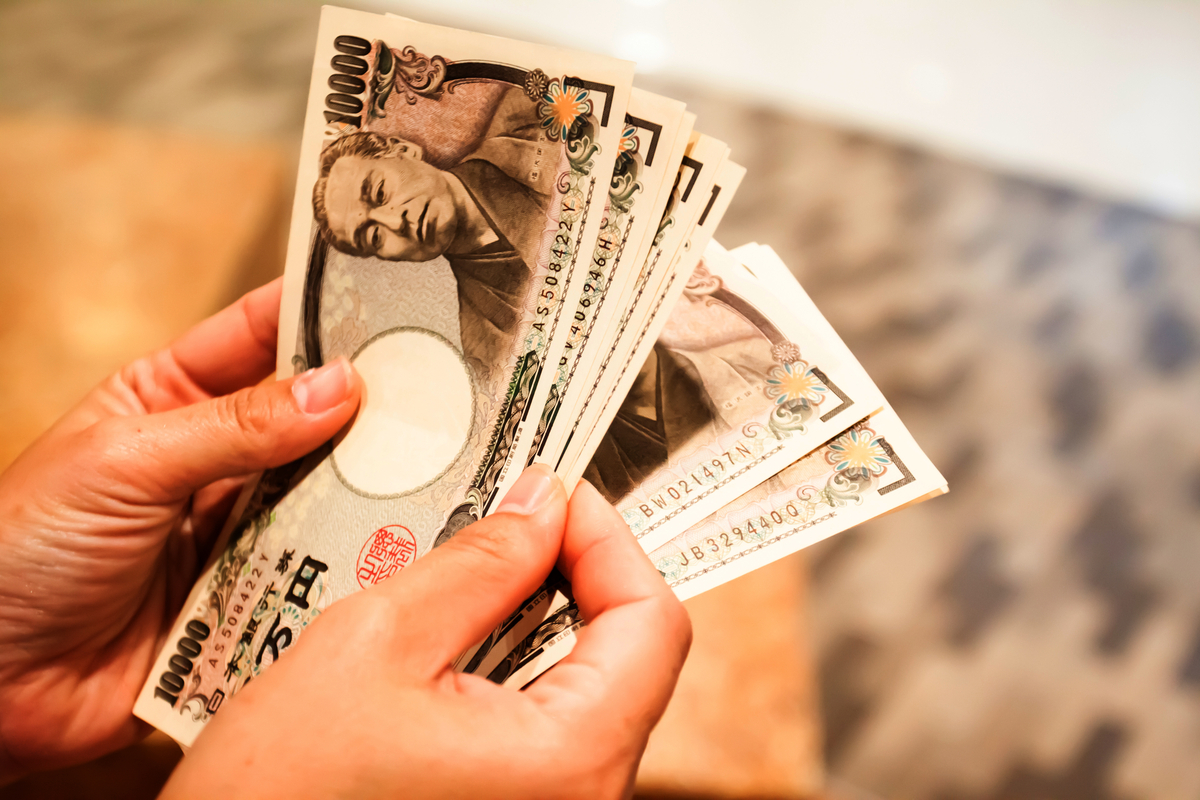
A local government in Yamaguchi Prefecture transferred ¥46.3 million into Sho Taguchi’s account by mistake
May
The municipal government of Abu in Yamaguchi Prefecture filed a lawsuit against 24-year-old Sho Taguchi on May 12. His crime: receiving ¥46.3 million from said government. Having meant to send ¥100,000 to 463 low-income households affected by the Covid-19 pandemic, they instead transferred everything to Taguchi. He eventually returned the cash after initially stating he’d spent it all on internet casinos. In Yamanashi Prefecture, a clerical error by JR Tokai inadvertently led to the arrest of a former Japanese lawmaker. The rail company wanted to apologize to Yasuo Yamashita for issuing him the wrong ticket. It was then discovered he’d been using a long-expired pass that was for sitting Diet members only. Yamashita hadn’t held a post in parliament for over 10 years.
Prime Minister Kishida announced that overseas tourists would be allowed to enter Japan from June, but only via tour packages. Not exactly what people were hoping for, but a start at least. “Test Tours” began at the end of May. Despite banning foreign travelers for more than two years, Japan was named the globe’s top tourist destination in the World Economic Forum’s Travel and Tourism Development Index. There was sad news from Yamanashi as police confirmed the death of Misaki Ogura following a positive DNA test from a shoulder blade discovered near the campsite where the then 7-year-old went missing. She disappeared in 2019 after last being seen running off with friends. In sport, Daichi Kamada and Makoto Hasebe helped Eintracht Frankfurt win the Europa League.
June
Japanese laws came under the microscope in June. The Ministry of Justice proposed introducing a joint custody system for divorced couples. It sounded like positive news for parents separated from their kids, yet Vincent Fichot, who hasn’t seen his children since 2018, told TW the plan was “just window dressing to appease critics from abroad.” After the US Supreme Court overruled Roe v. Wade, eliminating the federal constitutional right to abortion in America, a citizen’s group in Japan voiced their concerns about the situation here. While abortion is legal, Japan is one of only 11 countries requiring a third party written agreement on the matter. A petition submitted by Action for Safe Abortion Japan, calling for the removal of this clause, garnered more than 82,000 signatures.
One new legislation that was introduced in June was the Adult Video Appearance Damage Prevention and Relief Law, allowing anyone appearing in porn films to cancel their contracts within a year of the work’s release for any reason and without paying a fine. It became necessary following a slew of reports here about women being tricked or coerced into appearing in X-rated movies. Parliament also passed a law to make “online insults” punishable by imprisonment. In Nagoya, charges against 13 immigration officials were dropped. The family of Sri Lankan Ratnayake Liyanage Wishma Sandamali, who died at the Regional Immigration Services Bureau in March 2021, filed a criminal complaint last November. In sport, golfer Hideki Matsuyama finished fourth at the US Open.




